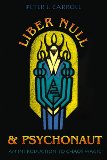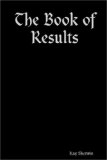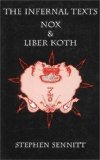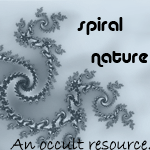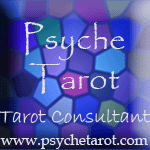Chaotes then and now
By Psyche | December 16, 2009 | Print This Post | E-mail This Post | 28 Comments
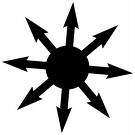 It should hardly seem surprising that something called “chaos magick” is constantly in flux, both in terms of what gets classed as chaos magick, and in who it attracts.
It should hardly seem surprising that something called “chaos magick” is constantly in flux, both in terms of what gets classed as chaos magick, and in who it attracts.
I was first introduced to the subject by some English bloke on IRC in a random Wicca chatroom who later, through a series of unlikely circumstances, became my husband. He introduced names I’d never heard of before: Austin Osman Spare, Peter J Carroll, Robert Anton Wilson – people with three names writing weird stuff.
It was refreshing. I was young, and apart from a few friends in high school, I didn’t know anyone else who was interested in magick. Until I found the chaotes, all I knew were religious Pagans who left me empty, or pedantic ceremonialists who bickered over trivia that seemed unnecessary.
From there I devoured everything I could find: Ray Sherwin, Phil Hine, Stephen Mace, Jan Fries, Steve Wilson, Ramsey Dukes, Jaq Hawkins, Hakim Bey, ye gods even Adrian Savage, simply because the word “chaos” was in the title. The books were difficult to find, expensive and experimental; the websites were raw and their authors approachable. Continue reading »
Save & Share: Del.icio.us Digg Facebook Reddit Stumble it! Twitter

